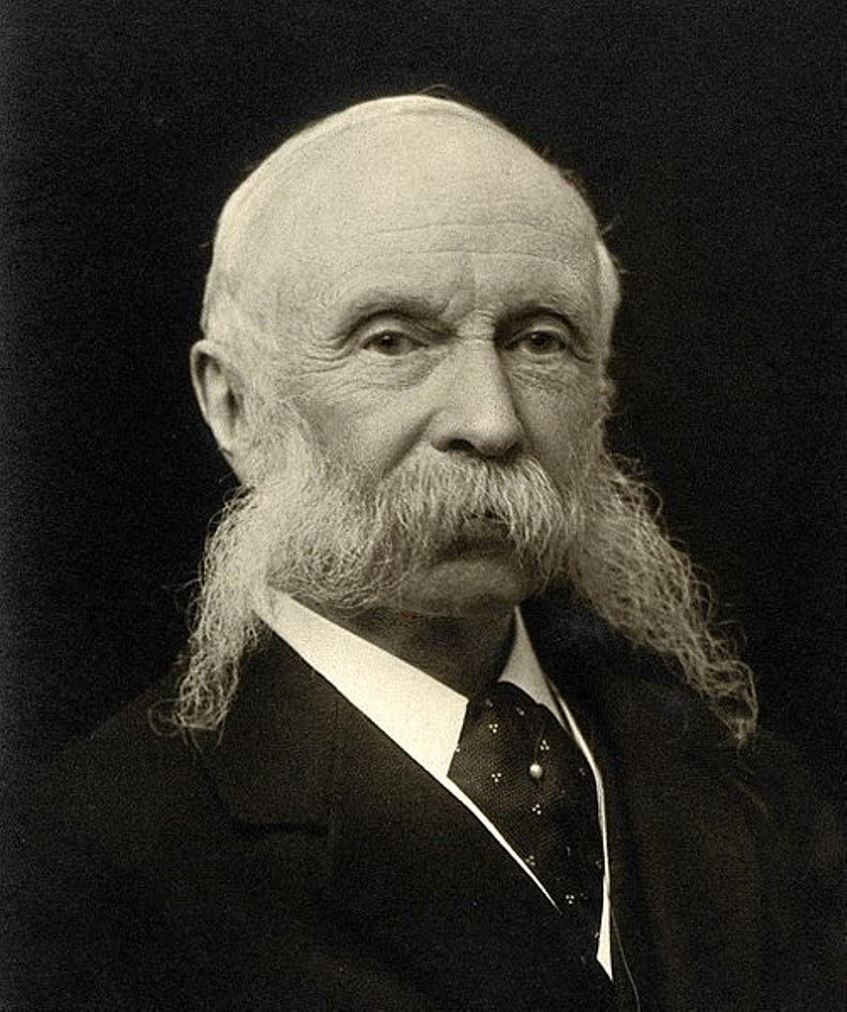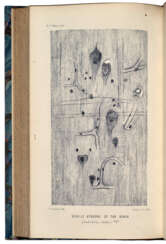james crichton-browne (1840 - 1938)

Sir James Crichton-Browne was a British and Scottish psychiatrist, neurologist, and MD.
James studied medicine at the University of Edinburgh, where his interest in psychiatry soon developed. After receiving his MD degree, he worked in hospitals in Derby, Devon and Newcastle. At the age of 26 he was appointed medical superintendent of the Lunatic Asylum in Wakefield and within nine years had transformed the hospital into a leading center for research and treatment.
Crichton-Browne initiated a scientific approach to the brain and its diseases. In 1871 he started the West Riding Asylum Medical Reports, which were published annually for six years. He was a pioneer in combating the common belief at the time that mental asylums could not produce original research and useful science. The persuasive scientist attracted many talented young people to collaborate in his research. Among them were David Ferrier (1843-1928) and Hughlings Jackson, who worked on cerebral localization and epilepsy. In 1878 they together founded what became the famous neurological journal Brain, the first journal devoted to what is now called neurobiology.
Crichton-Browne corresponded extensively with Charles Darwin, providing him with drawings and photographs for his book The Expression of Emotion in Man and Animals. Darwin valued his co-author so much that in 1883 he proposed that he be elected a Fellow of the Royal Society.
Crichton-Browne was also active in the development of public health policy regarding mental health. He worked prolifically into old age, writing monographs and autobiographical material, but in recent years he became involved in the controversial science of eugenics.


